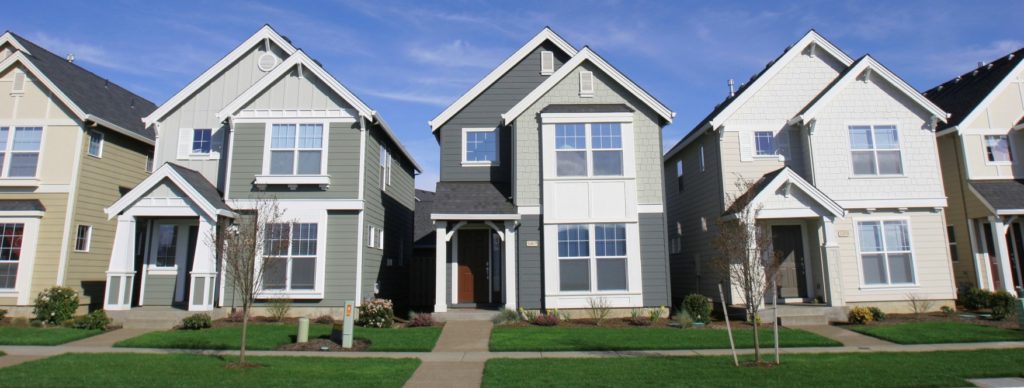Broker Tip: HOA Sales — 6 Important Tips for Buyers

by Guy Berry
When a buyer is looking at a single-family home, they usually focus on location, how it shows, property condition and price. If a house meets these four criteria, they will make an offer. However, my experience is that when a buyer is looking for a condo or other HOA properties, they fail to understand that there is so much more to consider. Too often the buyer (and their buyer’s agent) are overwhelmed with the 300-page HOA documents. Don’t forget, these documents are a contingency of the contract. The following 6 things need to be reviewed very carefully:
1. Financing
The rate and type of financing available for that specific complex will be based on many things, including percentage of owner occupied, percentage of past due HOA, FHA approval, multi-story condos, litigation, and other factors. Make sure you get your buyer to a lender that understands HOA financing.
2. CCR’s
The important issues to investigate are the restrictions for that specific complex. The HOA might require you to park only in your garage, decide what animals you can or can’t have, the colors of your house, what you can and cannot have on your balcony, whether you are allowed to repair your car on site, cable antenna restriction, etc. This list may seem endless but even if your buyer loves the property, the restrictions might affect the buyer’s enjoyment living there.
3. Finances
The Buyer will be provided with a large stack of financial documents. The first thing to focus on is how well the complex is managed. Take a look at the budget. Are they raising enough money in income to cover the HOA day to day expenses?
4. Reserve Study
Since the HOA will be responsible for repairing and replacing all the major components on the property (e.g. pool, clubhouse, parking lots, lights, roofs, etc.), make sure to check if the HOA has done a recent reserve study. Did your buyer get a copy? HOA law requires the HOA to frequently hire a 3rd party to do an onsite inventory to determine four things:
– The total life of that item (“tile roof – 40 years”)
– The remaining life of that item at time of survey (“25 years”)
– The estimated cost to replace roof (in 15 years)
– Divide that estimate replacement cost by number of years and number of units to determine how much the HOA has to collect this year from each owner for that item. This will insure they have the funds pre-collected when the roof expense comes due in 15 years.
5. Reserve Funds
The reserve study tells us how much the HOA should have collected in the past. HOA law states that the HOA must disclose:
– How much reserve money the reserve study should have collected to date. That would be 100% fully funded.
– How much money they have actually collected.
– The percentage between what they should have in reserve vs. what they actually have.
It is not uncommon for an HOA to be behind on collecting reserves because no one wants their dues raised. So, should your buyer buy into a complex that is only 25% funded? More money will be needed in the future, whether the HOA has collected enough or not. The result may be a major dues increase or a special assessment of all homeowners.
6. Financial Statement Knowledge
Remember it is the seller, not the HOA, that is responsible for itemizing and delivering the correct documents to the Buyer. Is this HOA ran well? Are they large enough to hire a property manager? (Or is the Board Treasurer, who is actually an engineer at Google, preparing these complex set of documents?) And the big question: Is your Buyer sophisticated enough to read and understand these documents? There are companies that the Buyer can hire to analyze and review these documents for them. It seems to me that when you are discussing the inspection options with your buyer, you should advise them to get qualified help in understanding what they are buying into.
